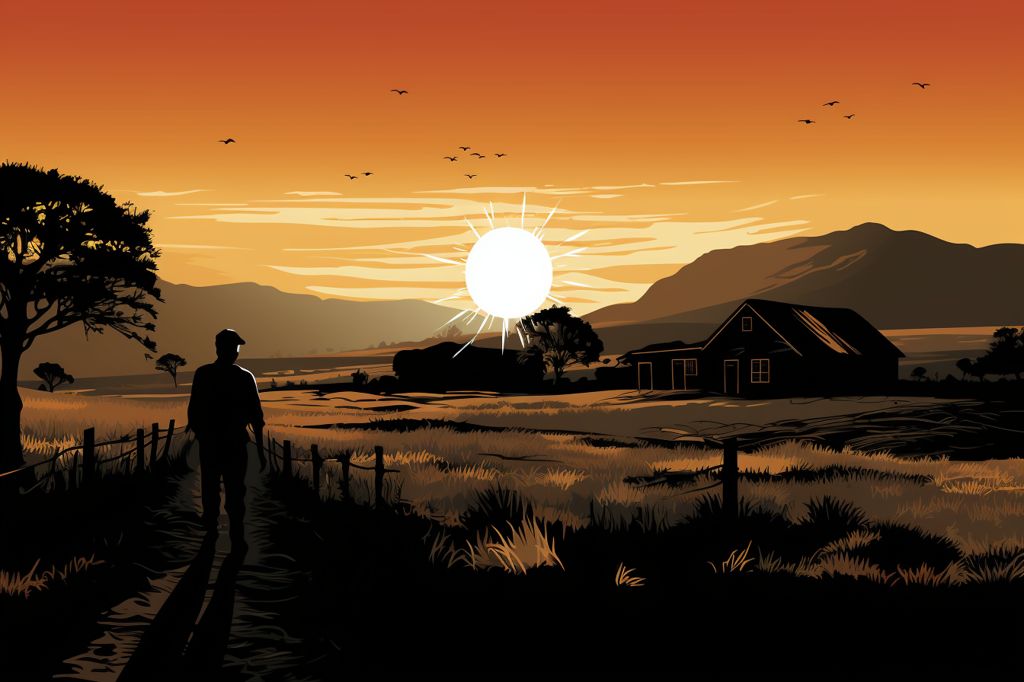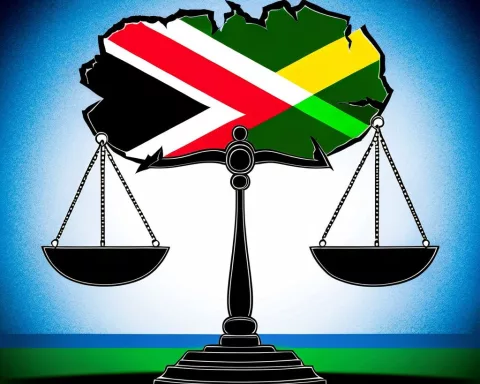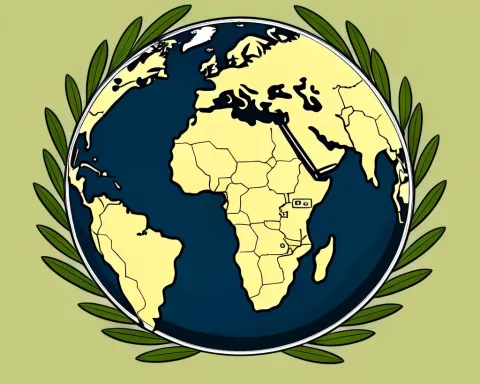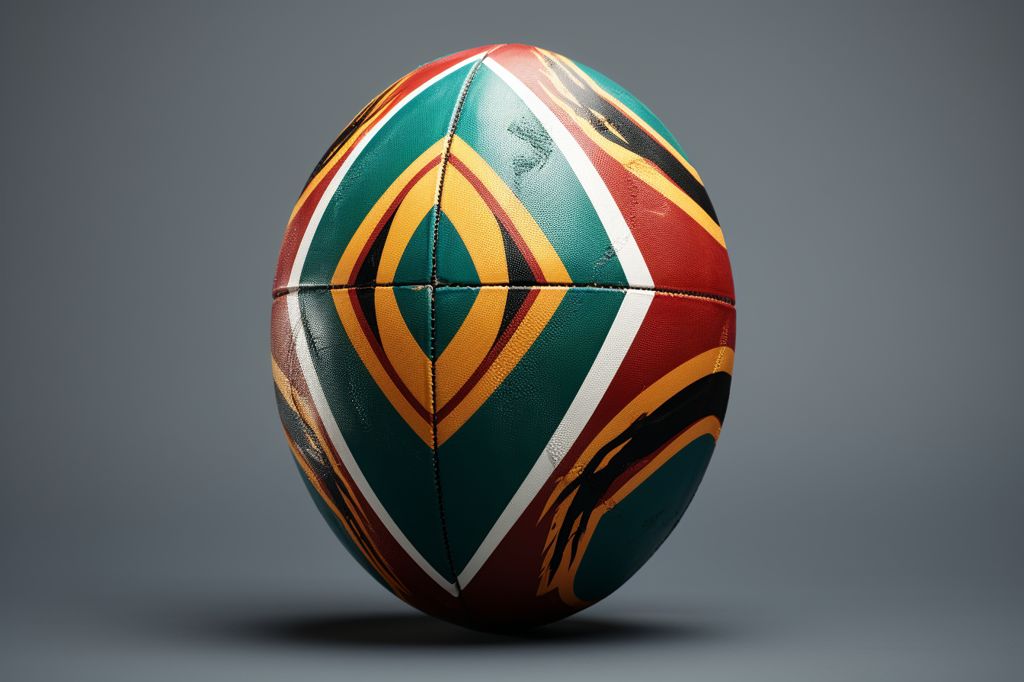Elon Musk, CEO of Tesla and SpaceX, recently commented on the issue of farm murders in his home country of South Africa, leading to a heated debate on social media. Musk’s remarks were prompted by a viral video of Julius Malema, leader of the Economic Freedom Fighters (EFF), singing the struggle song “Kill The Boer” during the party’s 10th-anniversary celebrations.
Musk Accuses Malema of Pushing for White Genocide
In response to the clip, Musk accused Malema of advocating for “the genocide of white people in South Africa” and criticized President Cyril Ramaphosa for his silence on the issue. Musk’s tweets gained widespread attention, particularly following the murder of South African farmer Theo Bekker and his wife Marlinda.
Musk expressed his frustration with the constant stream of “negative news” headlines, arguing that they create a sense of danger even when no real threat exists.
Criticism of Musk’s Remarks
Many South Africans, including Malema, dismissed Musk’s accusations outright. Others argued that there is no ongoing genocide against white people in the country and that white South Africans still hold an unfair amount of power and wealth compared to their black counterparts.
Some social media users pointed out that politicians often use racial tensions to secure votes, further exacerbating the inequality gap. The debate has highlighted the complexity of the issue of farm murders in South Africa, with both sides presenting compelling arguments.
Impact of Musk’s Intervention
Elon Musk’s comments have sparked a nationwide conversation on the issue of farm murders in South Africa. While some have praised his willingness to speak out against perceived injustices, others argue that his comments may be misinformed or fail to capture the full picture of the situation.
As the conversation continues, it remains to be seen whether Musk’s intervention will lead to any tangible change in South Africa or simply act as another point of contention in the nation’s ongoing struggle to address its complex array of social and racial challenges. Regardless of the outcome, the debate underscores the importance of working towards a more just and equitable society for all citizens.












